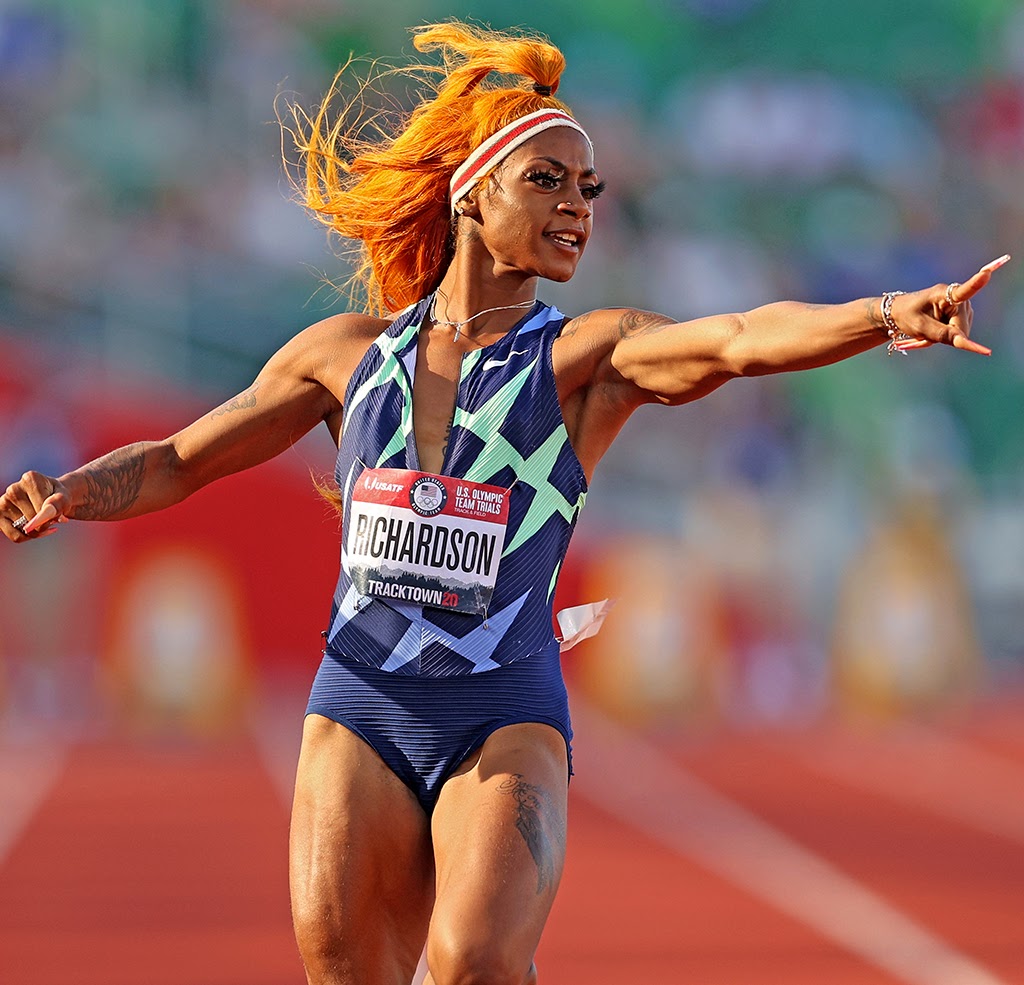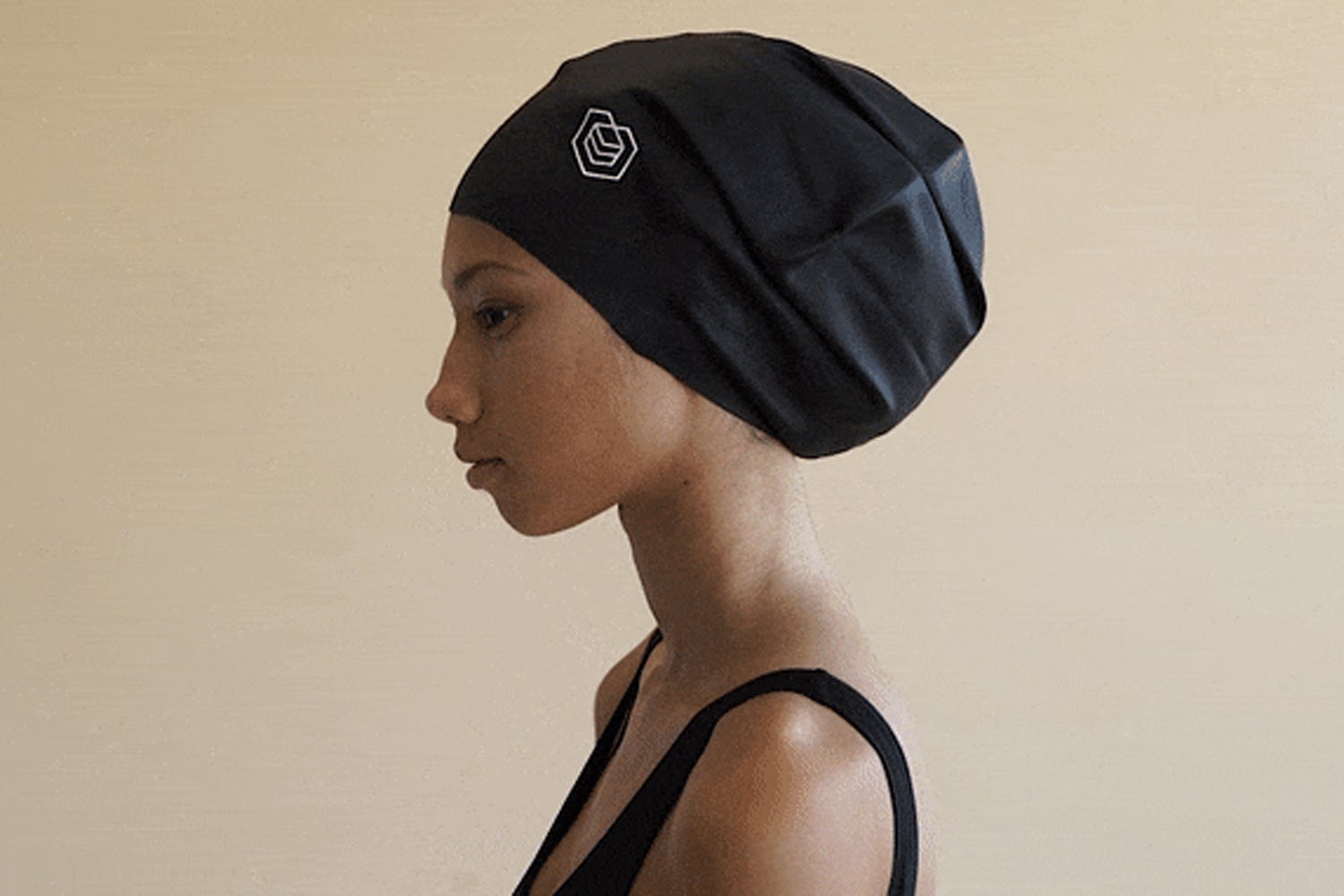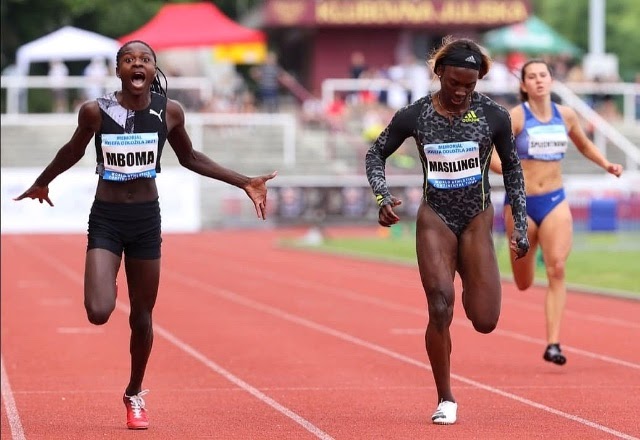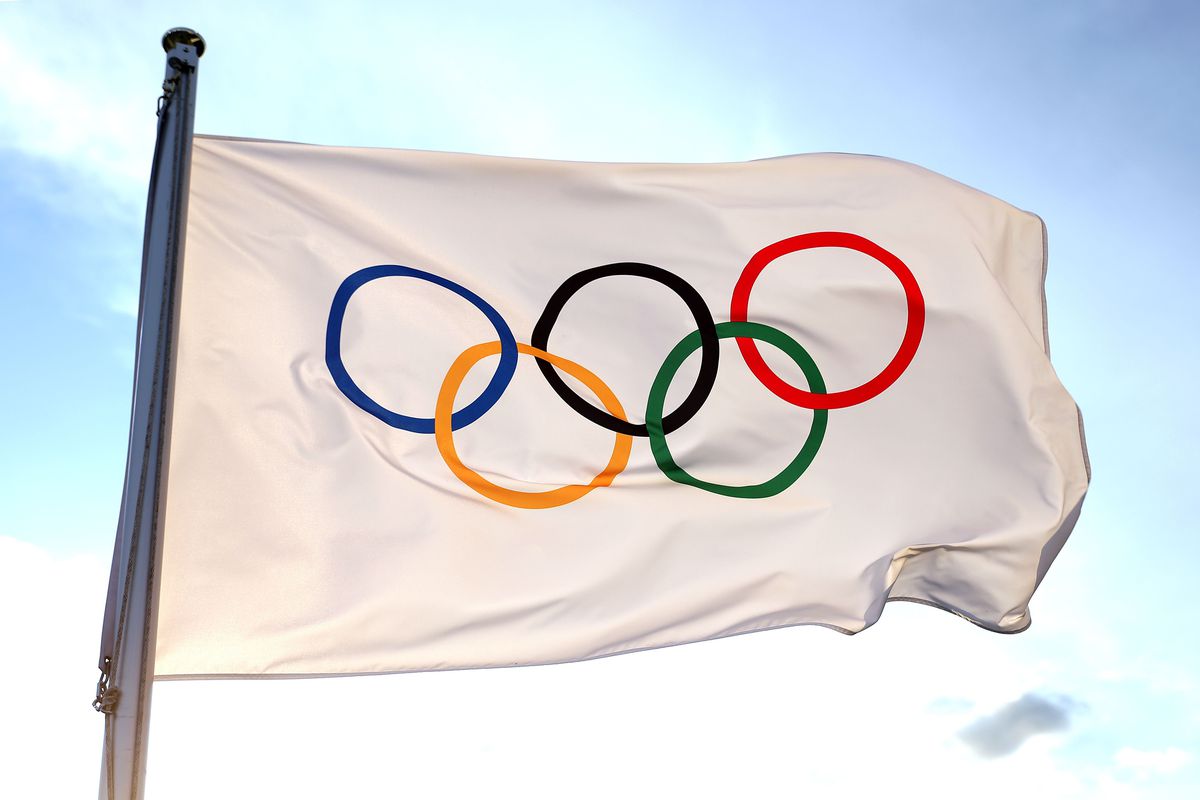The Olympics have been in the news recently, but not because of the world-class athletes participating. Several organizations related to the Olympic Games have come under fire for actions widely seen as racist, especially to women of color.
Sha’Carri Richardson
Sha’Carri Richardson is the fastest woman in America, running the 100m dash in just 10.64 seconds in the Olympic trials. She qualified unofficially for the 100m dash and 4x100m relay in the Tokyo Olympics. Post-race, she tested positive for THC, a substance that is prohibited in competitions by the World Anti-Doping Agency (WADA). Richardson had smoked marijuana to help her cope with the death of her mother only a week before her Olympic trial race. It is USA Track & Field (USATF)’s job to dole out punishments to track athletes who violate the rules. USATF gave Richardson the minimum 30-day suspension while criticizing the WADA policy of prohibiting a drug that is not performance enhancing: in a statement, USATF said that they “fully agree that the merit of the World Anti-Doping Agency rules related to THC should be reevaluated.” This 30-day suspension would cause Richardson to miss the 100m dash, but it would not stop her from participating in the 4x100m relay, which was more than 30 days away from the start of her suspension. However, USATF opted to exclude Richardson from the relay as well, effectively extending her suspension. Many are outraged over the decision to stop an athlete from competing because of her use of a non-performance-enhancing drug and the fact that the favorite to win Olympic gold is being excluded from the games entirely.

Soul Cap
Soul Cap is a company that manufactures swim caps for Black athletes with thick, curly hair. The traditionally accepted swim cap does not fit many individuals with natural Black hair. However, upon reviewing the cap for use in Olympic competitions, the International Swimming Federation (FINA) denied Soul Cap’s application. In their rejection, FINA stated that the caps “do not follow the natural form of the head”, a statement that drew backlash for it’s tone reminiscent of phrenology, a pseudoscience historically used to deem Black people inferior due to the shape of their skulls. Many experts say that the exclusion of these caps in competitions will further alienate Black swimmers, already an extreme minority in the sport. After the extreme backlash, FINA claims it is currently reviewing its decision.

Testosterone Testing
Namibian sprinters Christine Mboma and Beatrice Masilingi have been barred from competing in the Tokyo Olympics because their natural testosterone levels are higher than the World Athletics limit for female runners. This move is being criticized by many because no one can control their natural physical advantages. This move had additionally been scrutinized because of the historical association of Black women with more masculine traits. Furthermore, critics have made comparisons to Michael Phelps, who has physical advantages of larger lungs and an 80” (203.2 cm) wingspan. Rather than be banned from competition, Phelps was praised for his natural ability. CeCe Telfer, a Black trans female athlete, has been banned from running in the Olympics for the same reason. The argument that the exceptional talent of these Black female individuals would be unfair to the competition is viewed by many critics as overtly racist.

The international committees that make rules for athletes may want to take a second look at their rules & regulations because they end up disproportionately affecting Black female athletes, punishing and alienating them at every turn.

